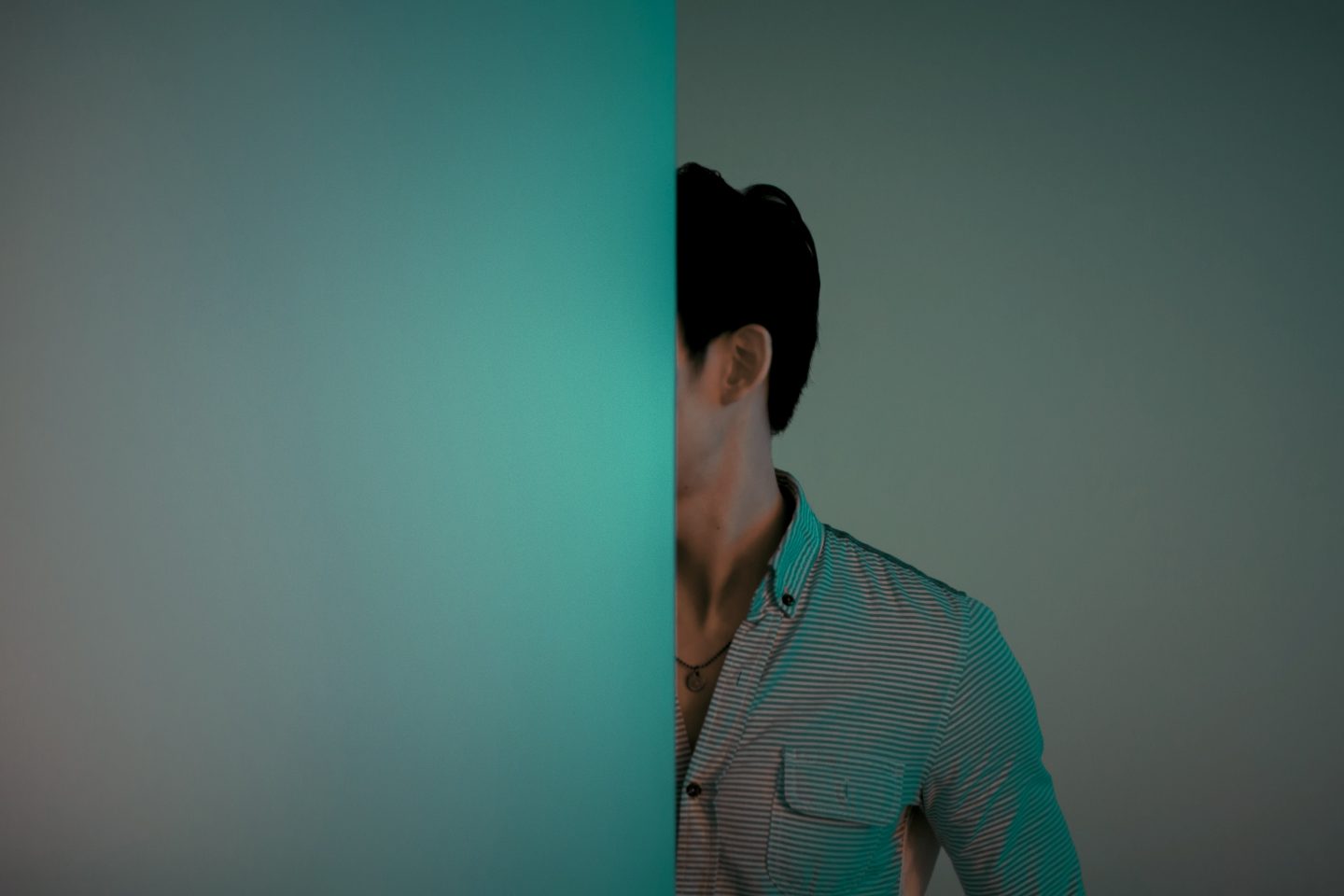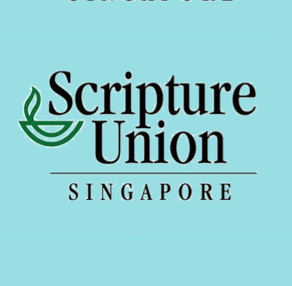Close the door, there’s more to praying than should be seen
Scripture Union Singapore // January 6, 2020, 6:00 am

Two-faced? God sees through our duplicity, especially when it comes to prayer. Photo from Unsplash.
A person who subscribes to the Beatitudes would have no problem doing more than is expected and doing the perfect things. He would also be careful to do things in an unseen manner, so that he would not be inflated with self-glorious pride.
Matthew 6:4 centres on giving in an unseen manner; Matthew 6:5-8 goes on to talk about praying in an unseen manner. Surpassing righteousness does not show religious acts, in an ostentatious way to gain “reward”.
The “why” matters
Some religious acts may unavoidably be seen by men, but the question is whether or not we do it to be seen and to be rewarded by men.
The extreme example of show-off religiosity is seen in people who pretend to be what they are not. Jesus called them “hypocrites”. A hypocrite is a person who pretends to be who he is not.
The implication is that Jesus wanted us to behave as we are and not as we aren’t.
The implication is that Jesus wanted us to behave as we are and not as we aren’t.
Truthfulness and honesty are the underlying principles of religious behaviour. Religious behaviour performed with intentions other than truthfulness and honesty is considered hypocritical.
In that sense, what Jesus was hitting at was not just the outward show but the inner nature of untruthfulness and dishonesty found in the heart.
So, outward spirituality must be supported by the inward spirituality of truthfulness and honesty. Otherwise, it should not be performed.
Be discreet
But the preference is still for the quiet and unseen manner of practising our religious behaviour that verse 6 advocates: “But when you pray, go into your room, close the door and pray to your Father who is unseen. Then your Father, who sees what is done in secret, will reward you.”
This is the first principle in doing things in an unseen manner. The whole idea is to pray such that you will not be purposely seen as religious.
The Christian faith is not about forms of words or the number of words used; it is about the heart in the words.
This simple doctrine is based on the fact that God the Father is “unseen”. God’s invisibility sets the foundation for the manner of our prayer life. Not one else needs to know, only God knows and will reward or respond accordingly.
The most invaluable reward is from God. He who “sees what is done in secret, will reward you”.
The second principle to uphold as we do things in unseen manners is in Matthew 6:7-8: “And when you pray, do not keep on babbling like pagans, for they think they will be heard because of their many words. Do not be like them, for your Father knows what you need before you ask Him.”
The principle is the doctrine of God’s omniscience – He knows, and God the Father, being a father, knows and cares lovingly. With this in mind, a person who prays need not be heard praying nor is there a need for his prayer to sound elaborately eloquent.
The idea of “babbling like pagans” conveys the pagans’ habit of using many words. Chanting or incantation also involve the use of the same word multiplied many times over, thinking that by such repetition, the gods would hear.
But the Christian faith is not about forms of words or the number of words used; it is about the heart in the words.
Be honest
Christians should be earnest and persevere in prayer. But earnestness and perseverance arise from heartfelt intensive prayers which are not just repetitive or eloquent words.
True prayer begins by realising that God is a personal and loving Father who cares for us.
There may be repeated pleas with God but it is not done through a repetitive technique, formulae or formality devoid of the struggling earnestness of the heart.
True prayer, in any form, begins by realising that we are praying to an Invisible God, to a God who is omniscient, adding to the fact that He is a personal and loving Father who cares for us, because we believe our Father “knows what you need before you ask Him”.
Only when we understand these doctrines correctly can we begin to pray in honesty and truthfulness.
We will not resort to earthly flattery or human reward through ostentatious religious behaviour. We will seek the deeper, quieter, unseen ways of pleasing God the Father, because we know in our hearts that we are His dear children.
This article was first published in Remember Jesus: 50 Days of Reading and Reflection by Scripture Union Singapore. Edited and republished with permission.
How God answered Francis Chan’s “ridiculous” prayer for a son-in-law
Reflection and Discussion
- Do you pray?
- Do you pray on your own, when no one is looking or hearing or caring?
- When praying in front of others, do you worry about what or how to pray? How does this devotional instruct and encourage you?
We are an independent, non-profit organisation that relies on the generosity of our readers, such as yourself, to continue serving the kingdom. Every dollar donated goes directly back into our editorial coverage.
Would you consider partnering with us in our kingdom work by supporting us financially, either as a one-off donation, or a recurring pledge?
Support Salt&Light




